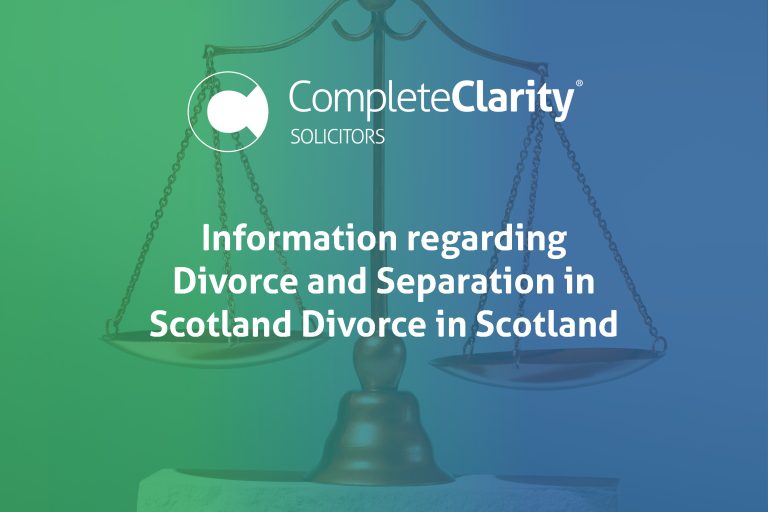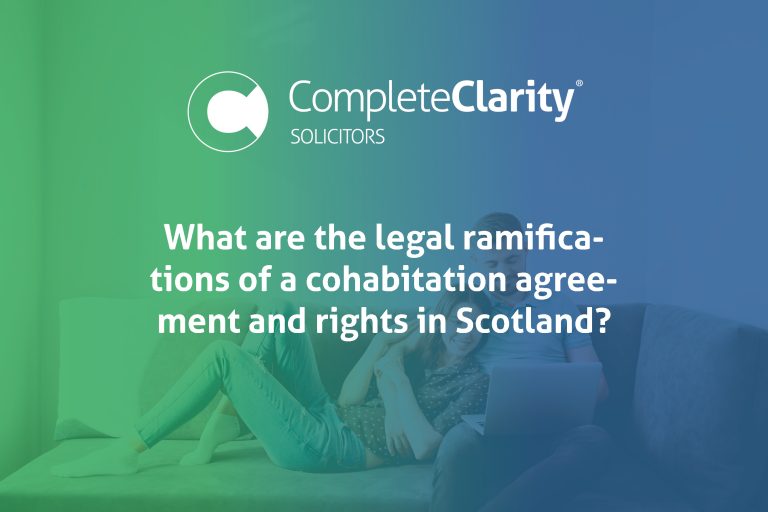There are many unpleasant surprises associated with the dissolution of a marriage or civil partnership. This holds true for all facets of your relationship, including your financial situation.
Secret credit card debts can all too frequently be the cause of a lot of grief and distress when assets and liabilities are disclosed with the intention of determining who will retain what. Debt and the use of credit are anticipated to rise in the current economic environment as everyone deals with the effects of the coronavirus outbreak.
Secret Credit Card Debt
Do not worry; if the credit card is in your partner’s name, the bank will not contact you regarding any unpaid balances. This is so that you are not a party to the contract, which is solely between your spouse and the bank. But, you should exercise caution when adding any extra cardholders to your credit card account since only the primary cardholder will ever be responsible for making repayments, regardless of how the money was used.
Despite the aforementioned, the rules of Scottish divorce law may make credit card debt important for the purposes of dividing assets in the event of divorce.
Matrimonial property, in a nutshell, is any asset or debt that either partner accumulated between the date of marriage and the date of separation.
This rule has some exceptions:
Any inheritance you have received is not marital property, and neither is any gift you have received from a third party. Matrimonial property is inheritable property bought by either party before the wedding with the intention of using it as a family residence.
If this is taken into account in relation to concealed credit card debt incurred by your spouse without your knowledge and if it was acquired following the date of your marriage but prior to the date of your separation, it will be included to the marital estate. In other words, it will be taken into account when you and your spouse decide how to divide your assets and debts after a divorce.
Division of Matrimonial Property
Fairness should always be the guiding concept in how marital assets are split. In the first instance, it is seen fair to divide assets and liabilities equally. In other words, the default position is that if the credit card debt was accumulated over the course of your marriage, it will “belong” equally to you and your spouse and will be reflected in your share of the assets and liabilities upon divorce.
Yet, it is acknowledged in Scottish divorce law that fairness does not always translate to equal distribution. The law provides for “exceptional circumstances,” which give each party the opportunity to present grounds against an equal split. Consider the circumstances of how the debt was incurred in the case of secret credit card debt to ascertain the justifications for an unequal distribution. The “guilty” person accumulated the debt to support their luxurious lifestyle, while the “innocent” partner was unaware of any such debt and received no benefit from the expenditure. This is a popular defence.
Special Circumstance Arguments
It’s crucial to understand that whatever disagreement you may have over a unique case does not cause the debt to disappear from the marital estate (unlike the exceptions, above, as to what falls within the definition of matrimonial property). Arguments based on unusual circumstances can be negotiated or decided by the court.
Get help dealing with debt
Please contact our specialised family law team if you have any questions about how to divide marital property.
- Exploring Shared Child Custody in Scotland: Is a Father Entitled to 50/50 Custody?- Child Arrangements
- At what age can a child choose which parent to live with in Scotland?
- What is a c100 form family law Scotland – Solicitor
- Prioritising the Welfare of Children Scotland solicitor
- Prenuptial agreements are essential for safeguarding your assets during a divorce in Scotland
- What to expect during the initial phase of the divorce process Inspiration to rewrite Solicitor Scotland
- A child’s right to residence and contact – Child Law Solicitor
- Everything you need to know about surrogacy arrangements in Scotland
- Can a parent leave everything to one child in Scotland? understanding Scottish inheritance laws
- Demystifying divorce and dissolution Solicitor Scotland










